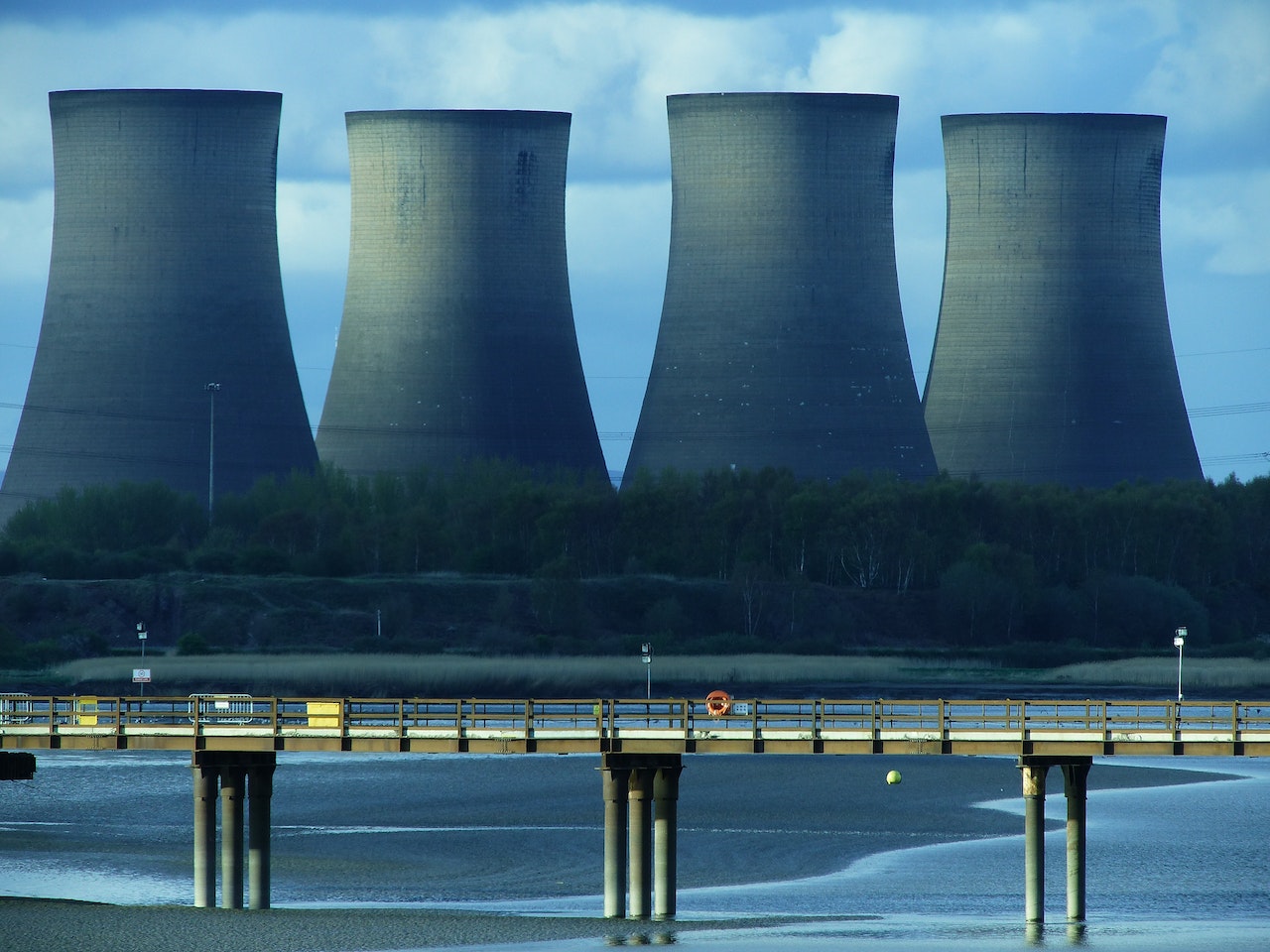Current And Future Use Of Nuclear Energy

It is time to talk about the use of nuclear energy. With global carbon emissions sharply rising since the beginning of the 20th century, it is time to evaluate if nuclear power can be touted as the best solution to scale up global clean-energy capacity.
The US is the worlds leading provider in nuclear energy, according to the World Nuclear Association, providing more than 30% of the worlds of nuclear energy. Having acknowledged the benefits and risks of nuclear power, the US forges forward to build more units (nuclear reactors/nuclear power plants) in an effort to be more self reliant and energy efficient.
Although every energy source has its benefits and challenges, can we be looking at one that can pass an assortment of resources to future generations while diminishing environmental impacts through a fundamental sustainable development objective?
By looking at the current use of nuclear energy, we can tell if it can be justified to bring sustainable development. So let’s look at the current and future use of nuclear energy!
The Current State of Nuclear Energy
There is controversy around nuclear energy technology due to the great and balanced heft between the benefits and the challenges around it that make it difficult to decide which should be considered.
Some 440 nuclear reactors are currently operating in 30 countries around the globe. Moreover, new projects have been launched, and restorations are also ongoing in many countries to safeguard the existing nuclear fleet’s long-term operation.
The following factors further track the progress of nuclear energy development around the globe;
- Non-OECD countries lead to new nuclear construction globally.
- Several countries have begun nuclear plant refurbishments with the aim of extending the existing plants’ operational lifetime.
- Innovative nuclear reactor designs are nearing market deployment
- In some countries, nuclear energy policy remains uncertain due to political pledges, electricity supply security, climate objectives, and public opinion.
- Global investments in nuclear capacity remain inadequate.
Current Uses of Nuclear Energy
Today, nuclear energy is primarily used for electrical energy production. However, the technology is being used in many other ways, either directly or indirectly. When we look at the use of nuclear energy in everyday life, we find that there are incredible ways that nuclear technology powers our lives. Here are several ways we benefit from nuclear technology.
- Industrial use. It can be used to improve processes such as measurements, quality control, and automation. It can also be used in the manufacturing process of plastics and for sterilization.
- Nuclear technology is being used for military purposes, such as producing nuclear weapons and applications that require the technology to operate.
- In industrialized countries, some hospitals use nuclear medicine procedures to diagnose and treat several health conditions.
- In the agriculture sector for pest control, improve crop variety, and optimize fertilizers and water effectiveness.
- Food preservation.
The Future State of Nuclear Energy
An average of 15 GW of new nuclear capacity is required annually between 2020 and 2040 to reach the Sustainable Development Scenario (SDS) level. Although new capacities have been put in place and are under construction, the completion rate for new projects is still way too far from the required under SDS.
The main aim of investing in nuclear energy is to reduce carbon emissions. However, for this to be achieved, a mix of technologies, including renewable energy, carbon capture and storage, and nuclear need to be used together in the future.
As the most recognized benefit of nuclear energy in electricity production, it is expected to increase up to 17% by 2050. This will increase nuclear technology used in the future.
However, to achieve better improvements, the following recommendable actions are necessary:
- Reduced nuclear policy uncertainty to ensure investment decisions are made consistently
- Reduced market risks through electricity market reforms
- The use of government leadership to promote new nuclear constructions
- Harmonized licensing and fostering of international collaborations
Can the Use of Nuclear Energy be justified?
As with any solution bearing alternatives, there are numerous advantages and disadvantages to nuclear energy. Here are just a few of those that can be used to justify nuclear energy.
Advantages
- Creates little to no greenhouse gases
- It can help win the fight against climate change
- It makes the world a safer place
- With new reactor designs, the technology can be cost-effective, renewable, and produce less waste
- It is a reliable source of energy
- More efficient energy source compared to carbon-based fuels
- Doesn’t use valuable resource-hydrocarbons
Disadvantages
- General safety issues
- Transportation safety issues
- High construction cost
- It takes quality time from planning to production
- Too many reactor designs
- Possibility of accidents
- Negative public perception
In conclusion, nuclear energy has been scrutinized and is still a promising technology. Although it has consequences and problems, it is a legitimate source of energy that, with improvements, can provide benefits with limited consequences. Nuclear safety progress has been substantial and immense, and it has ascertained that it can be an almost inexhaustible and safe source of energy.
Dive Deeper with more Political, Science and Technology News Reviews

